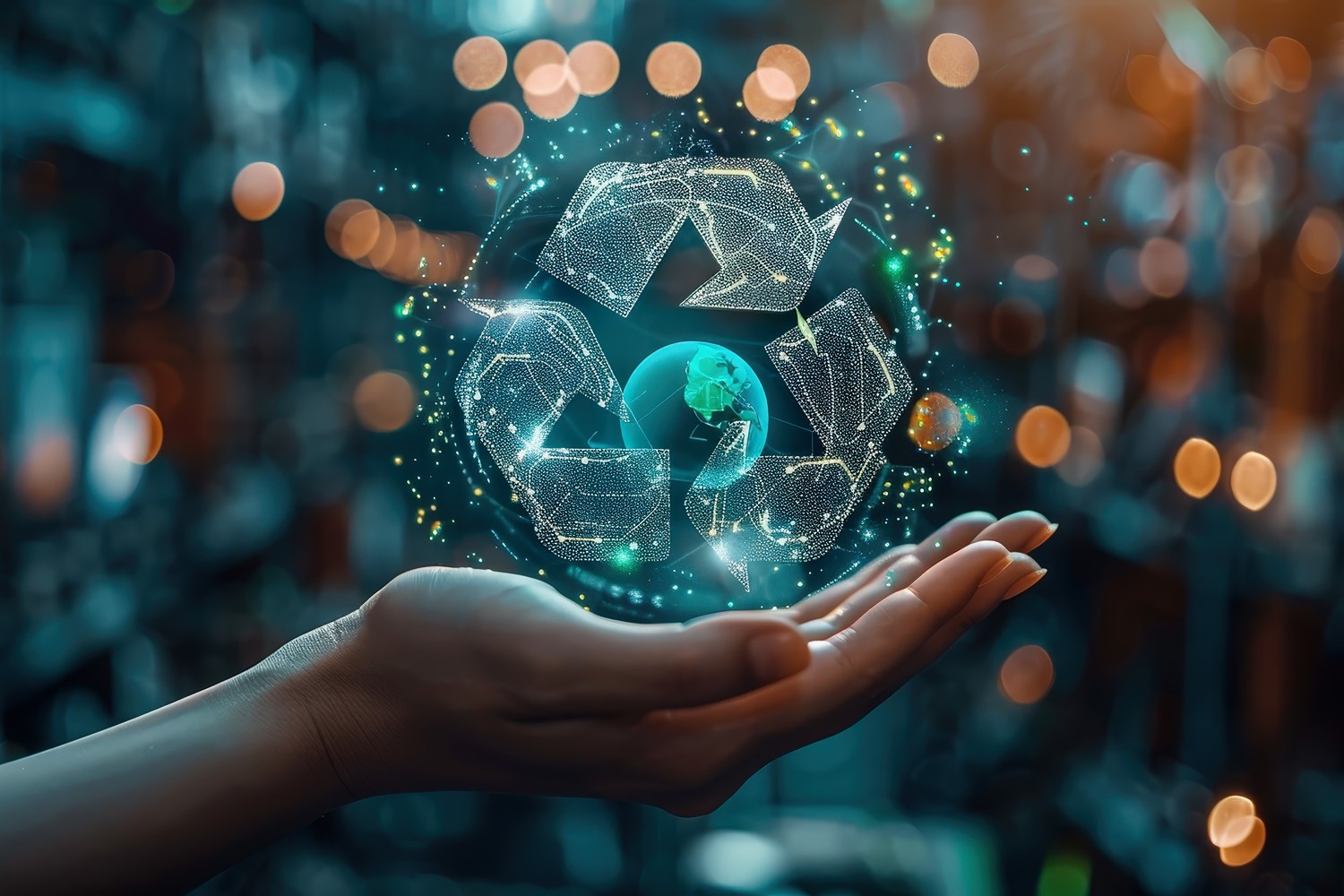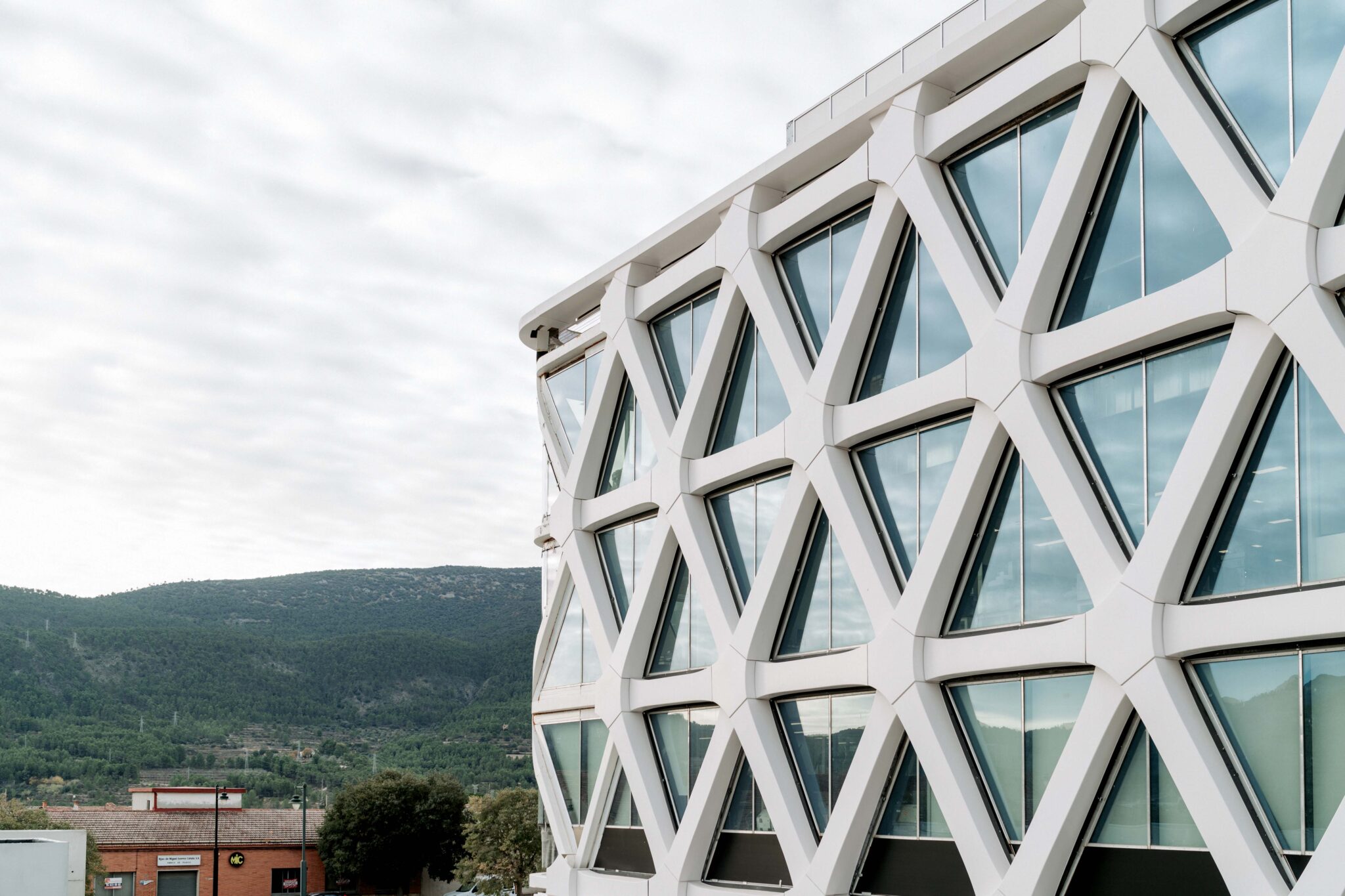
![]()
![]()
High value-added solutions area / Circular economy and sustainability area
DEVELOPMENT AND FEASIBILITY STUDY OF EXTRACTING CHEMICAL PRODUCTS AND ENERGY STORAGE VECTORS FROM WASTE
WASTE2CHEMVALUES
Motivations
The main motivation for this project is to reduce the carbon footprint in the textile industry by focusing on the electrification of factories and the promotion of the circular economy in its activity.
With this in mind, new European waste management legislation obliges countries to start separate collection of textile waste by 1 January 2025. The consequences will have an impact on the entire textile value chain and Member States will be obliged to promote operational separate collection systems in order to be able to absorb this volume of textile waste.
Gasification will be able to convert these complex wastes into energy carriers which can be used for energy generation in the private sector, harnessing the energy embedded in the waste in a sustainable way. In addition, the electrification of textile finishing equipment through new direct heating technologies will reduce the amount of energy required, helping to lower energy costs and implement more sustainable energies. In this way, the current environmental impact of the textile industry will be reduced.


Objectives
- Development and optimisation of a direct heating method applicable to textile finishing machinery.
- Implementation of this methodology in the textile industry
- Development of strategies for obtaining sustainable energy vectors from textile waste of different natures through thermochemical processes (gasification and pyrolysis).
- Prototyping and scale-up of pilot production of sustainable energy and chemicals from textile waste and the techno-economical evaluation of the chemical routes developed.
- Assessment of the technological and economic feasibility of incorporating these recovery strategies in industrial environments in the textile industry and related sectors.
Value and competitive advantage

Results obtained

-
Formulation and development of joining elements for application and disassembly using IE.
-
Thermochemical processes allow textile companies to obtain energy in the form of heat and/or electricity from their waste to partially self-supply.
-
Verification that UV radiation has a significant effect on the degradation state of lignin.
Grant number: IMAMCA/2023/6
Programme: Plan of non-economic activities 2023
Period of execution: January 2023 – December 2023
Status: Finished
More information: PLAN OF ACTION
Entity: IVACE

This project is funded by the Conselleria d’Economia Sostenible, Sectors Productius, Comerç i Treball de la Generalitat Valenciana, through IVACE.

CONTACTE CON NOSOTROS
¿Quiere contactar con nosotros? Pinche en el botón y escríbanos.
ÁREAS DE I+D
NOTICIAS
SAVE THE DATE! AITEX will host the 19th Textile ETP Annual Conference next year, from 13 to 14 May 2024 in AITEX headquarters, in Alcoy Alicante.
AITEX has attended the Cosmetorium fair in Barcelona once again on October to present its new products for the cosmetic sector.
AITEX analyses the problem of PFAS substances in various industrial sectors and presents various innovations to mitigate their presence in products and processes.










